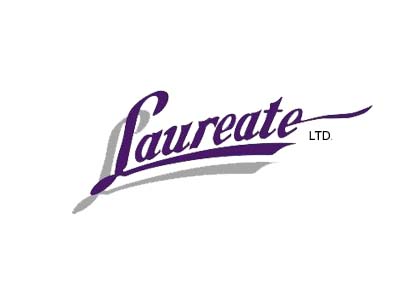Mom-and-pop investors own 80% of all single-family rental houses in the U.S. Owning rental properties can be financially rewarding, but it also comes with risk.
What are some private rental risks? They can be anything from unforeseen hazards to complex liabilities that may put you in financial trouble.
Are you a private landlord in Denver facing landlord challenges? Keep reading as we spell out the risks you need to know and learn to manage them effectively.
Legal Compliance and Licensing
As of 2024, all Denver landlords renting out residential property in the city of Denver must acquire a local license. The residential licensing ordinance passed in 2021 requires landlords to meet minimum housing standards. It also requires landlords to make sure renters know their rights.
Residential rental licenses are good for four years. To obtain licensing, landlords have to pass a certified home inspection, submit the required paperwork, and pay the fee.
Failure to follow local regulations and licensing requirements can result in fines.
Property Maintenance and Habitability
Landlords in Colorado must provide a habitable property. A habitable property has a sound roof and functioning plumbing and gas, and it's secure.
The landlord must maintain the property or may face fines or consequences.
Tenant Screening and Management
Finding good tenants is crucial to your success as a landlord. A thorough tenant screening process helps eliminate the risks associated with problematic tenants.
It's important to fill vacancies with tenants who pay rent on time and take care of the property.
Eliminate landlord-tenant issues by coming through on your responsibilities as a landlord and spelling out tenant responsibilities in the lease agreement.
Financial Considerations
To maximize your rental income potential in Denver, you must charge a competitive monthly rent. You want to avoid having a vacancy and risk losing money.
There are also maintenance costs associated with investment properties and property damage or wear-and-tear throughout a lease. Budget for these and other unexpected expenses.
Legal Protections and Limitations
Understand all your rights as a landlord and restrictions. Familiarize yourself with the Fair Housing Act regarding anti-discrimination laws and fair housing practices.
Keep abreast of the eviction process rules and tenant rights.
Risk Mitigation Strategies for Private Landlords
Protect your investment with proper insurance coverage. A typical landlord insurance policy may include insurance for liability, hazard, and loss of income.
Another way to mitigate risk is to hire a professional property manager. He or she will know all the ins and outs of the local laws and regulations relevant to rental properties.
Denver Real Estate Management
Now that you know the key rental property risks for private landlords and mitigation strategies, are you ready to take your investments to the next level? Keep up with ongoing education and remain diligent with your landlord responsibilities. You'll enjoy success as a real estate investor.
Are you looking for a management company for your properties? With more than four decades of real estate rental experience, we at Laureate Ltd. deliver exceptional services tailored to your specific needs. Reach out to us through our website or by calling 303-692-9200.


.webp)
